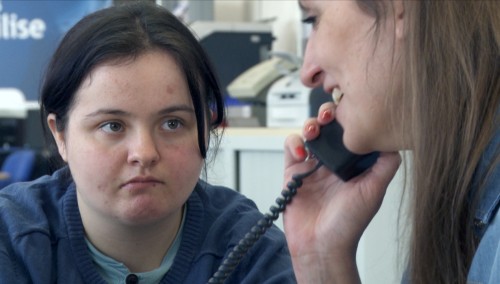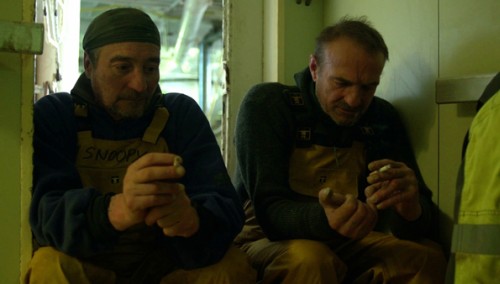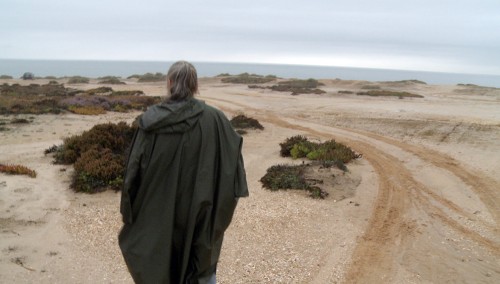Working Worlds 2015
This is getting boring. Can we not get over this “crisis” soon?
Of course that sounds somewhat polemic in light of the actual problems that are still apparent with the same relentless hardships in many European countries.
In most of the films that were viewed for the “Working Worlds” this year, the consequences of the bank crash, the burst real estate bubble, or the massive lack of employment and perspectives come up. Almost every filmic approach to working conditions also holds an engagement with the impacts of the financial crisis. Right through all classes, countries and professions, it is evident that the Europe we once knew, will not return. The crisis, this oddly abstract word that has almost mutated into a running gag, has changed us and all the areas of our life. And who says that this situation is an exception and not the status quo that we should start becoming accustomed to? Yet that would mean capitulating to the conditions – and that is not an option for any but a few people. Instead, most are trying to change something. Perhaps the most topical example is the march of ten thousand people from Kosovo to Germany. People – often not even the poorest – set out to seek their fortune somewhere else. For In a Foreign Land, Icíar Bollaín interviewed Spaniards in exile in Edinburgh. These are primarily well educated young people, who emigrated from the country where one earns less with a college degree than behind the counter of a fast food chicken snack shop. Although the protagonists in Katharina Lampert and Johanna Kirsch’s Beyond Elsewhere have left their old life behind, it is actually more to counter the consumption and noisy superficialities (in the city). The people from the Hof Collective, for example, glean and sell old seeds, among other things – also to resist the food industry, which seeks to prohibit the distribution of certain types of seed.
More because it is required of them than due to their own motivation, in Rules of the Game by Claudine Bories and Patrice Chagnard young adults find themselves in a vocational counseling agency. It seems as though they are following someone else’s plan that prescribes for them how they are to be made fit for the employment market and brought into form.
The men in the floating fish factory Grande Hermine in Sons of Barents by David Kremer sometimes spend months at sea. Except for a few telephone conversations, they have no contact with friends or family – if they even have any. It is not an easy life, but for those who choose this monotonous existence, in any case it seems to be the better choice.
So after watching the films, it can be stated that people are too often confronted with the limits of this system, but fortunately people can find all kinds of possibilities for getting around them.




